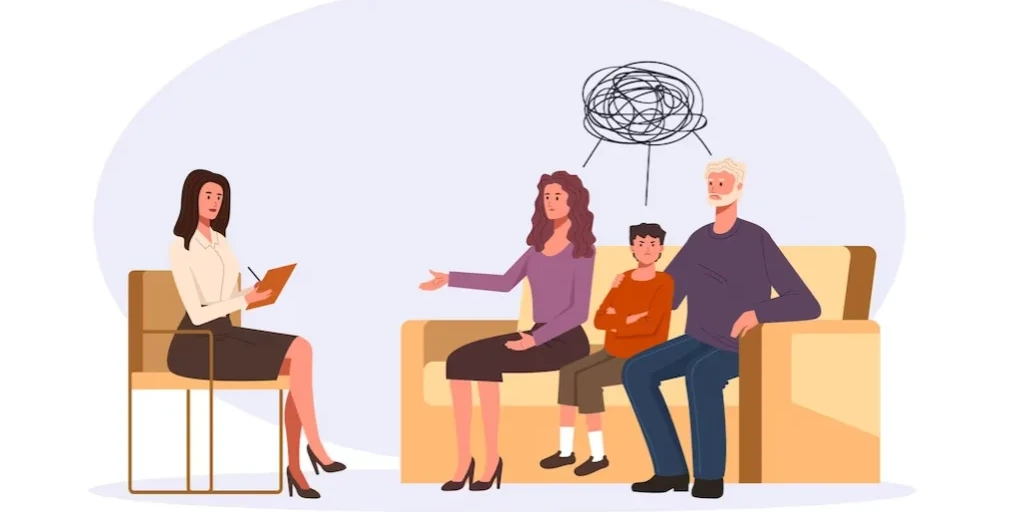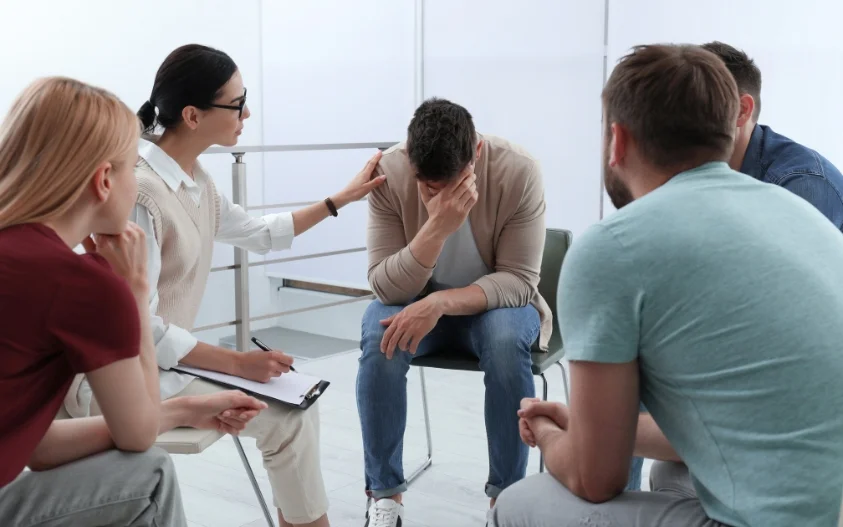24/7 Helpline:
(866) 899-221924/7 Helpline:
(866) 899-2219
Learn more about Klonopin Detox centers in Ackerman
Klonopin Detox in Other Cities

Other Insurance Options

BlueShield

Anthem

Aetna

ComPsych

American Behavioral

Sutter

Ceridian

Coventry Health Care

Horizon Healthcare Service

Premera

Choice Care Network

Highmark

Ambetter

Self-pay options

Group Health Incorporated

AllWell

Meritain

MVP Healthcare

State Farm

Optum

Community Counseling Services
Community Counseling Services is a private rehab located in Ackerman, Mississippi. Community Counsel...


























